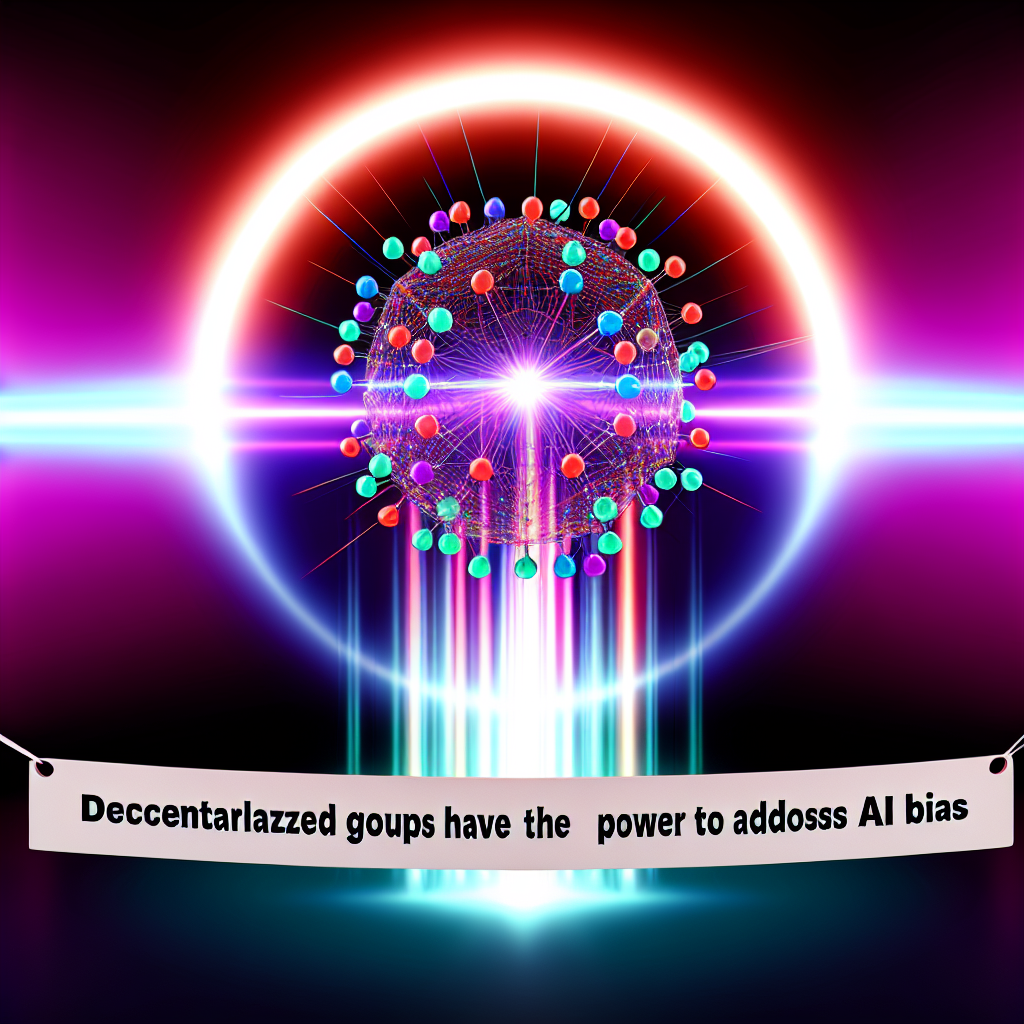
Opinion by: Jarrad Hope, co-founder of Logos
As AI evolves rapidly, we face a crucial choice: let governments and corporations control its development, or advocate for governance models prioritizing transparency, regeneration, and the public good.
Network states, which utilize blockchain to create borderless communities, offer a superior method for harmonizing AI with human welfare. With ongoing technological advancements, a new approach to AI governance—centered on serving humanity rather than power—is imperative.
The bias problem is a data problem and a governance one
Current generative AI operates on narrow data sets and is managed by centralized entities, like xAI and OpenAI, lacking robust public accountability. Training large language models on limited data fosters bias, suppresses diverse viewpoints, and hinders equitable efforts. For instance, Grok faced criticism for extremist reactions to specific prompts following an update.
Network states can address this by establishing community governance, paving the way for innovative AI training and democratization. Emphasizing consensus, ownership, privacy, and community can alleviate the prevalent negative narratives surrounding AI. Decentralized communities would determine their own objectives and data sets, aligning AI models with their specific needs.
Impact decentralized autonomous organizations (DAOs) can democratize AI by leveraging blockchain for social benefit. They can fund open-source AI projects, support inclusive data collection, and ensure ongoing public oversight. This model transforms governance from gatekeeping to stewardship, ensuring AI advancements are advantageous for all. Shared responsibility will address the needs of vulnerable populations and enhance widespread support for AI benefits.
Centralization is a threat to the AI commons
Over 60% of the world’s foremost AI development occurs in California, highlighting significant centralization of power. This concentration is not merely regional but also political and economic. For example, xAI faced legal action for using gas turbines in Memphis to power data centers, exemplifying a local government’s clash with environmental standards. Without adequate checks, such power can exploit societal resources while imposing harm, particularly as AI increasingly demands high energy consumption, disproportionately affecting certain communities.
Network states provide an alternative: decentralized, borderless communities where digital citizens co-develop AI governance structures. Within these frameworks, Impact DAOs allow participants to suggest, vote on, and enact protections and incentives, transforming AI from a control mechanism into a commons-oriented resource. Broader representation in AI discussions will enhance its application for societal benefit.
Toward transparent, regenerative AI management and application
Most AI systems today act as algorithmic black boxes, influencing real-world outcomes without adequate human involvement or oversight. From biased hiring practices to opaque healthcare triage, people often find themselves subjected to automated decisions beyond their control.
Related: Network states will one day compete with nation-states
Network states upend this model by enabling onchain governance and transparent public records. Individuals can observe rule-making processes, engage in their development, and choose to exit if they disagree.
Impact DAOs enhance this perspective by reducing harm and promoting the restoration of public resources. They focus on long-term sustainability in equitable, auditable systems, fostering transparent development for the community and inviting external contributors to participate in funding or resources.
The next phase
Legacy nation-states struggle to effectively regulate AI due to outdated digital contexts, fragmented policies, and reliance on established tech leaders. Network states are creating foundational models utilizing blockchain-centric tools, decentralized coordination, and programmable governance. Purpose-driven Impact DAOs can pave the way for a new era in AI advancement, aligning incentives to create participatory, representative, and regenerative AI through decentralized blockchain integration.
Foundations for the future of collective good
AI should be viewed as a public asset rather than merely a tool for efficiency. Emerging governance structures must be transparent, open, and community-driven to enable smart and equitable innovation and development. By embracing the inclusive, technological, and philosophical aspects of network states and impact DAOs, we can construct these systems today. Investment in infrastructure that promotes digital sovereignty and collective care is crucial for shaping an AI future that serves the people, not just profits.
Opinion by: Jarrad Hope, co-founder of Logos.
This article is for general information purposes and is not intended to be and should not be taken as legal or investment advice. The views, thoughts, and opinions expressed here are the author’s alone and do not necessarily reflect or represent the views and opinions of Cointelegraph.

